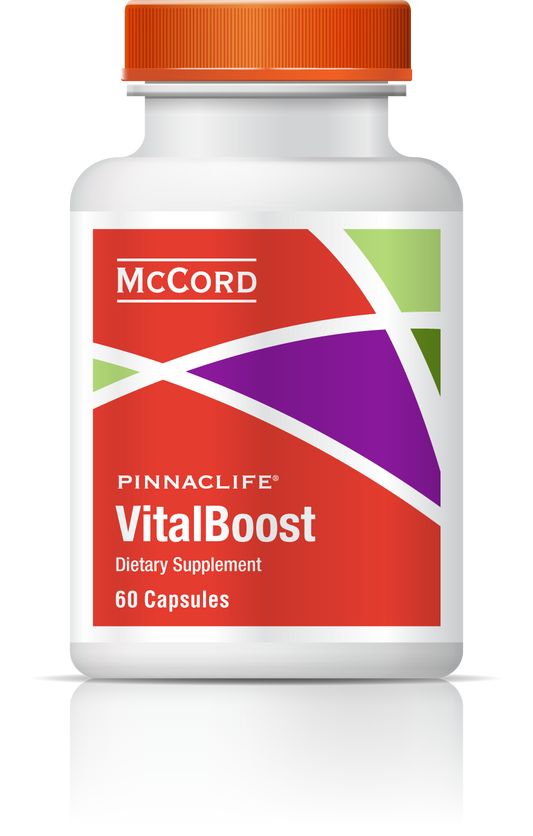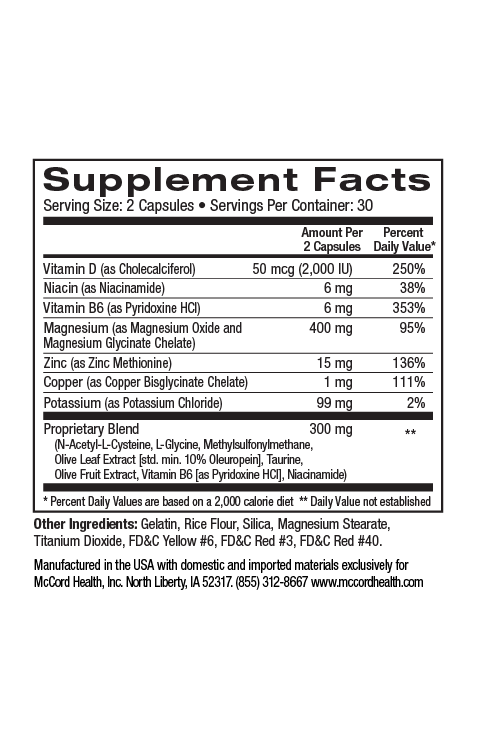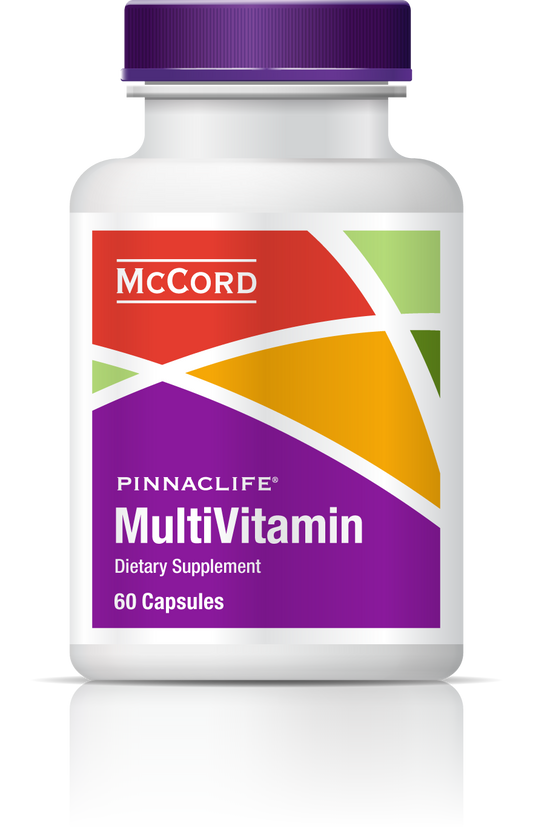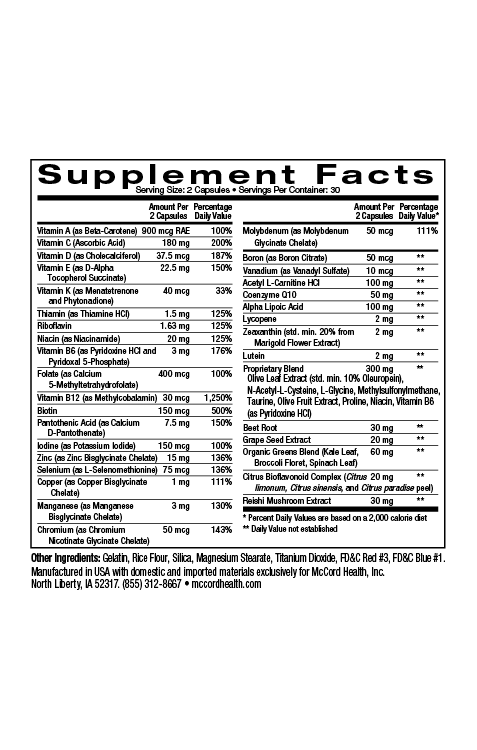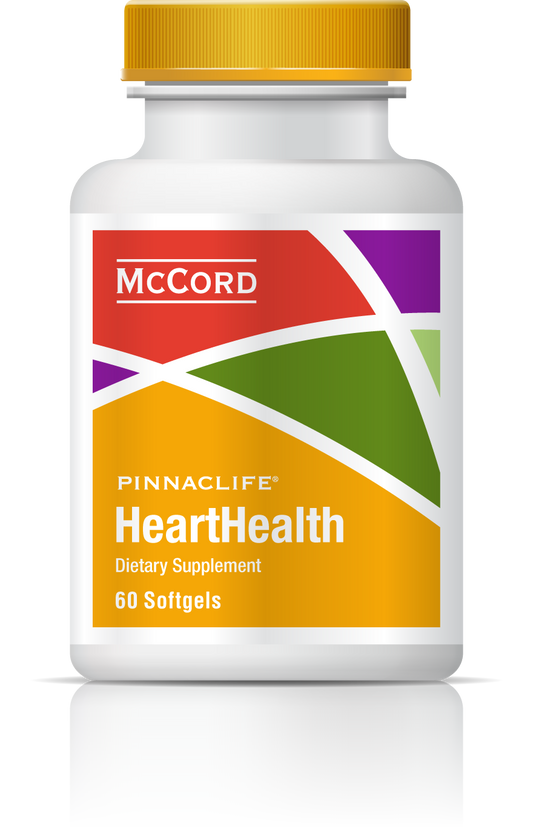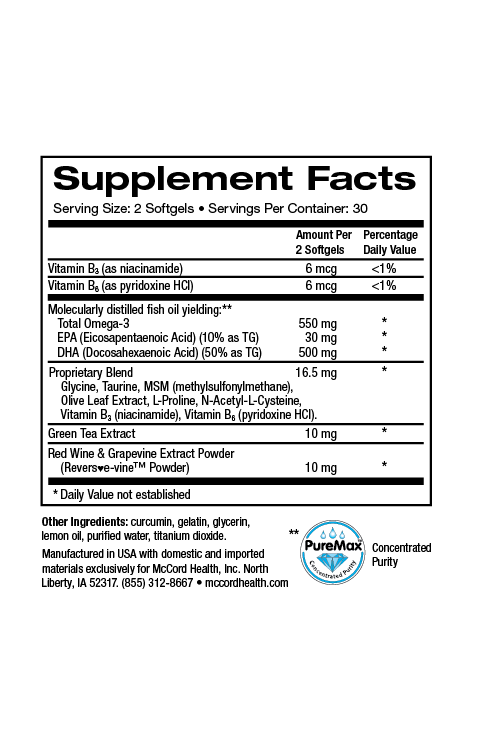Drug-induced nutrient depletion occurs when prescription medications deplete, block absorption, increase excretion, or increase utilization of nutrients resulting in nutrient deficiency. Most medications have potential to deplete nutrients contributing to side effects, poor tolerability, & sometimes discontinuation.
- Many medications can cause nutrient deficiencies
- Nutrient deficiencies can be mistaken for symptoms of disease
- Drug-induced nutrient depletion and deficieny can be addressed with dietary modifications and the use of safe, quality supplements
- Some common drug-induced nutrient depletions are discussed
- Medications can disrupt the balance of intestinal bacteria that can impact your overall nutritional status and health
Drug-Induced Nutrient Depletion
Prescription medications are supposed to help us, but did you know that medications you take can cause nutrient deficiencies?
Most medications have the potential to impact your nutritional needs by either altering the way your body absorbs, metabolizes, or excretes nutrients. The depletion of nutrients can contribute to some of the adverse reactions and intolerances that people experience when using medications.
Nutritional deficiencies can be mistaken for symptoms of a disease process - for example, considering the following scenario:
- Many medications for diabetes can deplete Vitamin B12
- Symptoms of B12 deficiency include tingling sensations in fingers and toes
- Tingling sensations can be mistaken for neuropathy - a common complication of diabetes
- Thinking you are experiencing neuropathy, a doctor may choose to add another medication rather than addressing the low B12 levels that are actually causing the problem.
Can you see how this scenario could lead to even more problems down the road?
Fortunately, with dietary modifications and the use of safe quality supplements, it can be relatively easy to address drug-induced nutrient depletion and avoid the negative effects associated with them.
Common Drug-Induced Nutrient Depletions
The list of medications that deplete nutrients is very long - so instead I want to focus on a couple of the key nutrients most commonly depleted and classes of drugs that are most commonly associated with nutrient depletion. This list is by no means all inclusive. You should be sure to discuss your medications and possible nutrients of concern with your trusted healthcare provider.
Acetylcysteine (NAC) / glutathione
N-acetyl-L-Cysteine (NAC) is needed for the liver to produce glutathione - one of the body's most important detoxifying compounds. It is required for the metabolism and/or excretion of over 50% of prescription medications. It is especially important for drugs metabolized by the liver - in fact if you take too much acetaminophen, the only way to protect the liver from damage is with NAC.
Of particular note, NAC and glutathione can be depleted by acid reducers, pain medications, acetaminophen, antibiotics, tricyclic antidepressants, antiviral medications, alcohol, and nicotine.
Note that thiamine and vitamin C are required to produce glutathione so deficiency in those nutrients can also deplete glutathione.
Acetylcysteine is a key component found in Olivamine because of its important role in supporting antioxidant and detoxification processes in the body. The highest dose in the Proprietary Blend supplement line is provided by ImmuneHealth.
Vitamin B12 (cobalamin)
Important for the proper formation of blood, brain, and nerve cells, B12 can be depleted by antibiotics, diabetes medications, cholesterol medications, and diuretics.
Vitamin B12 absorption requires adequate acidity (low pH) in the stomach, so antacids and acid reducers that raise the pH of the stomach can significantly impact B12 absorption.
Vitamin B12 is included in Proprietary Blend MultiVitamin, BrainHealth, EnergyBoost, and CalmMind supplements.
Coenzyme Q10 (CoQ10)
CoQ10 is a vital cellular antioxidant required for production of energy within the cell. It is depleted by blood pressure medications, diabetes medications, cholesterol medications (especially statins), acid reducers, antibiotics, antidepressants, and more.
The organs most dependent on CoQ10 are also those most affected by deficiencies and include skeletal muscles, heart, liver, kidneys, brain, and retinas.
Pinnaclife provides 50 mg of CoQ10 in every serving of Proprietary Blend MultiVitamin.
Folate
Like B12, folate is essential for the proper formation of blood, brain, and nerve cells plus more. It is depleted by acid reducers, pain medications, antibiotics, seizure medications, NSAIDs, blood pressure medications, steroids, diabetes medications, and hormone replacement / oral contraceptives.
Pinnaclife uses the natural methylated form of folate (5MTHF) in Proprietary Blend MultiVitamin and BrainHealth.
Vitamin B6
B6 has a diverse role throughout the body and may be required for hundreds of enzyme reactions. Vitamin B6 is depleted by antibiotics, diuretics, antidepressants, and acid-reducers.
Vitamin B6 is an essential ingredient in Proprietary Blend, therefore included in all Pinnaclife Olivamine products.
Magnesium
Magnesium is known to be required for over 300 biochemical reactions in the body, so deficiency can impact the entire body.
Deficiency is common and may be worsened by people using acid reducers, antibiotics, diuretics, antivirals, blood pressure medications, cholesterol medications, steroids, hormone replacement / oral contraceptives, immuno suppressants, excessive calcium, alcohol, and coffee.
Absorbable forms of magnesium are included in Proprietary Blend VitalBoost, SleepHealth, CalmMind, BrainHealth, and JointHealth supplements.
Melatonin
Your body produces melatonin in response to darkness to help regulate your sleep cycle (circadian rhythm) and healthy REM sleep, but production appears to be decreased in people using acid blockers, pain medications / NSAIDs, anxiety medications, antidepressants, blood pressure drugs, and hypnotic sleep medications.
Also note that vitamins B1, B3, B6, calcium, and magnesium are all required by the body to produce melatonin, so deficiency in those nutrients can contribute to decreased melatonin production and disruption of natural sleep.
Each serving of Proprietary Blend SleepHealth provides 2 mg of melatonin, plus Vitamins B3, B6, and Magnesium.
Disruption of Intestinal Microflora
Your intestinal bacteria (probiotics) are essential for overall health because they help you digest your foods, absorb nutrients, boost your immune system, reduce inflammation, and much more.
Any medications that can disrupt the balance of your intestinal bacteria have the potential to cause all sorts of problems associated with an imbalanced microbiome. Many foods and medications can disrupt the balance - but some of the top offenders include antibiotics and acid reducing medications.
If you use these medications, you can be certain that they are impacting the balance of probiotic bacteria living in your intestines which can greatly impact your overall nutritional status and health. It is important to utilize methods including prebiotic fiber and probiotics to help restore the delicate balance after using those medications. Proprietary Blend DigestiveHealth provides 11 grams of soluble prebiotic fiber per serving.
Work With Your Personal Healthcare Provider
At McCord Research, we cannot stress enough how important it is to work with your personal healthcare provider to address potential nutrient deficiencies caused by your medication. There is always potential for foods and nutritional supplements to change the way your body responds to a medication, so you need to work with them to develop a plan that is safe and minimizes any risks associated with the medications you are using.
Be sure to communicate to your healthcare provider if you have concerns about nutrient depletion and if you have decided to use supplements to address those issues. There are certainly safe ways to use certain foods and quality supplements with your medications to address nutrient deficiencies, but this needs to be monitored closely by a professional.
Disclaimer: These statements have not been reviewed by the FDA. These products are dietary supplements and are not intended to treat, cure, or prevent any disease. The decision to use these products should be discussed with a trusted healthcare provider. The authors and the publisher of this work have made every effort to use sources believed to be reliable to provide information that is accurate and compatible with the standards generally accepted at the time of publication. The authors and the publisher shall not be liable for any special, consequential, or exemplary damages resulting, in whole or in part, from the readers’ use of, or reliance on, the information contained in this article. The publisher has no responsibility for the persistence or accuracy of URLs for external or third party Internet websites referred to in this publication and does not guarantee that any content on such websites is, or will remain, accurate or appropriate.

